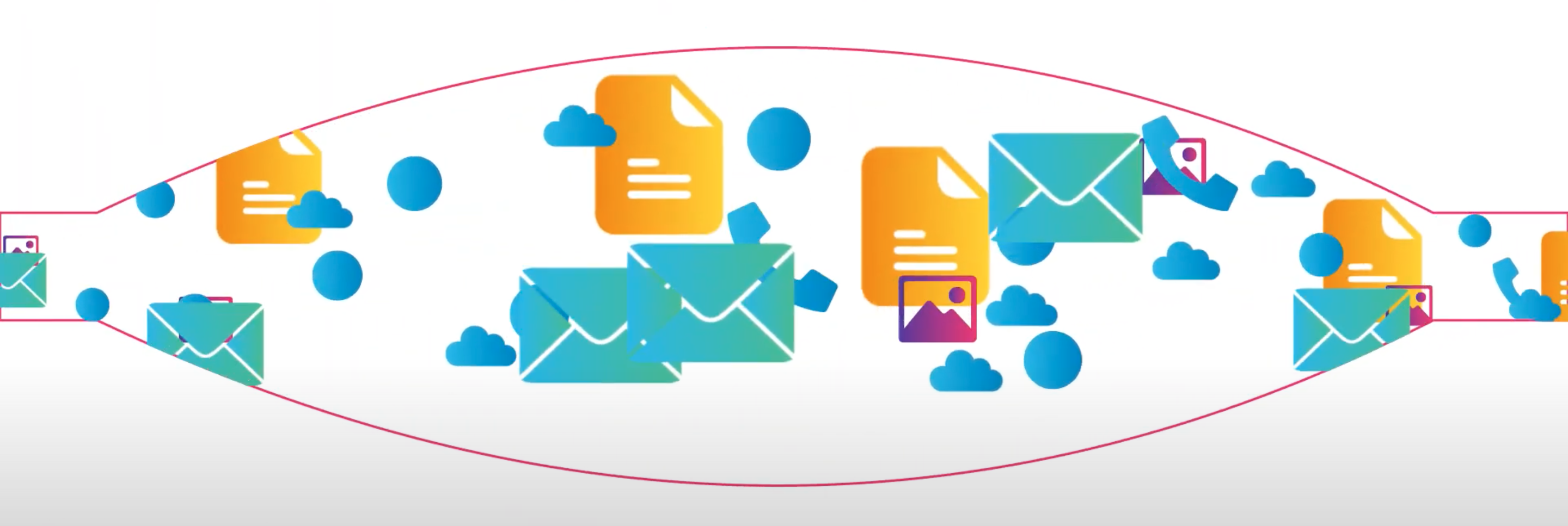Leased line v broadband – what are the differences?
The differences between a leased line and broadband are substantial but many users are not aware of them. The key four areas of variation are:
- Cost
- Reliability
- Speed
- Technology

Which one your business uses depends on many variables. Let’s look at each area in more detail:
COST – Leased lines are more expensive but this is because of the additional benefits. This makes comparing the two according to price ineffective. There are also many variables between contracts. Leased lines have longer contracts i.e. 36 months; whilst broadband contracts are generally 12 or 24. The longer the deal, the greater stability and protection from price rises. But if prices drop and you want to move, the term of the contract could be a hindrance. Leased lines are unmetered so you use as much as you like. Broadband usage is often limited with extra charges applying over a certain threshold.
RELIABILITY – Leased lines come with SLAs (Service Level Agreements) whilst broadband contracts don’t always. The SLA ensures a minimum standard of reliability. The agreement will show the time allowed for fixes, compensation amounts if applicable and the minimum amount of uptime expected. Broadband comes with no guarantees or any of the above standards. The ISP, unlike broadband, also monitors leased lines for downtime. This level of service is a key reason why business owners opt for a leased line, knowing that some protection is offered. If your broadband goes down, costs can escalate and your business suffers.
SPEED – Leased lines offer higher connection speeds for both download and upload when compared to broadband. Traditional broadband download speeds are faster than uploads. If your business needs to upload large amounts of data to the internet, the leased line wins every time. It will also prove beneficial if you use cloud technology, making it easier for staff to upload, particularly when making off-site backups. If your office uses a VoIP telephone system, the leased line will ensure can maintain quality of service as it provides a fixed connection speed.
TECHNOLOGY – Broadband usually travels from the ISP to a street-located cabinet and then to your business via cable. Leased lines come direct with no cabinet. You need not worry about competition for the connection having a detrimental effect. Your business alone is connected to the local exchange when you have a leased line so even at peak times your connection will be unaffected.
Which should you choose?
So is a leased line or broadband better suited to your business? There is no direct answer here as much depends upon your business size and its demands. Whilst the leased line ticks all the right boxes, it may prove too expensive for many small businesses. They could also be deterred by the longer contracts. But if you can afford it, a leased line gives a robust and reliable internet connection. And if connectivity is at the heart of your business, it’s an easy decision.
It is down to the business owner to calculate what the losses would be if they choose a broadband connection, and the internet goes down. Increasingly in this digital age the costs involved will be substantial. Only those organisations that can manage without the internet for several days or weeks should stick with broadband.
And don’t forget to look at speeds; if your business wants to use VoIP, video conferencing or remote working etc., broadband may simply not cut it. Those using cloud-based systems should also consider a leased line as when it comes to using products such as Sage or Salesforce, only a leased line can provide reliability. This comes in terms of improved fixed times and superior uptime levels.
When productivity is key, the leased line wins every time.